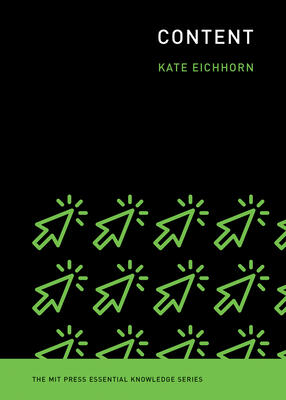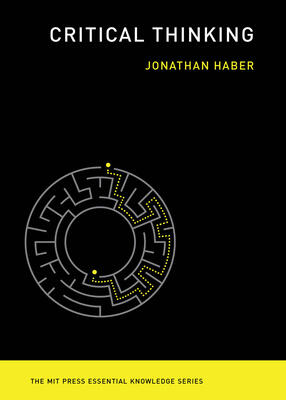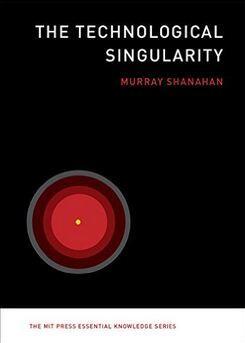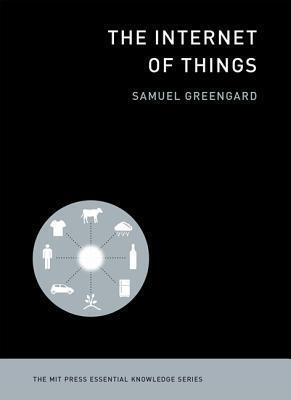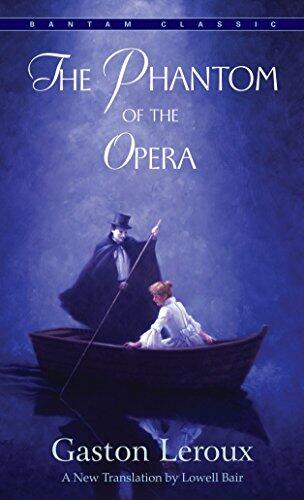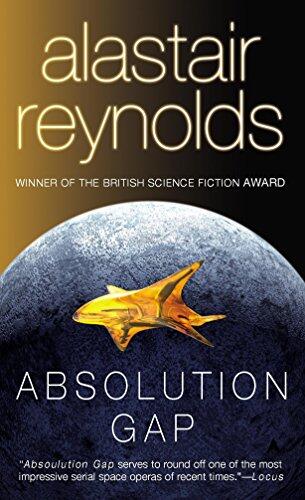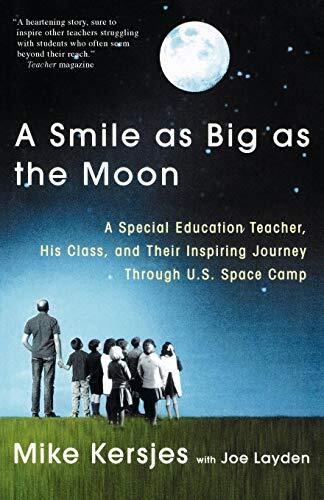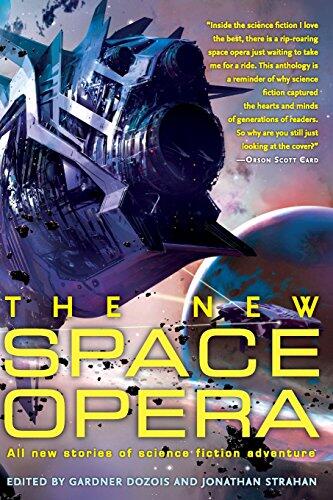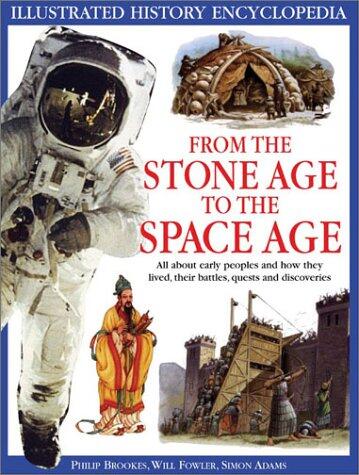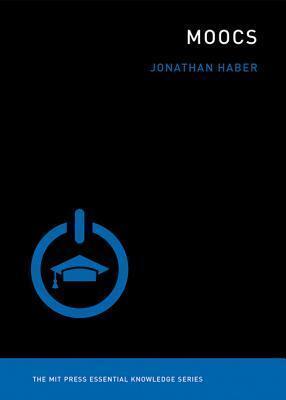
MOOCs
توسط
Jonathan Haber
هنوز رتبهبندی نشده است
Business & Economics
فرمت
جلد سخت
صفحات
241
زبان
انگلیسی
منتشر شده
Sep 26, 2014
ناشر
MIT Press
ISBN-10
0262526913
ISBN-13
9780262526913
توضیحات
In a rapidly evolving digital landscape, the rise of massive open online courses has transformed the way education is perceived and accessed. Jonathan Haber provides an insightful examination of MOOCs, delving into their origins, development, and the profound impact they have on learning. With clarity and depth, he uncovers how these online platforms have made education more accessible, breaking traditional barriers of cost, location, and institutional affiliation.
Haber meticulously explores the motivations behind the surge of MOOC offerings, highlighting the diverse educational philosophies and technologies at play. He discusses both the opportunities and challenges faced by learners and educators in this new ecosystem, emphasizing the importance of engagement and community in online learning environments. The narrative is enriched with case studies and personal anecdotes that illustrate the real-world implications of embracing this innovative educational model.
As he navigates through the successes and shortcomings of MOOCs, readers are encouraged to contemplate the future of education and the role of technology in shaping it. The text serves not only as a historical account but also as a thoughtful commentary on the changing landscape of learning, urging individuals to consider how they can harness these resources for their own growth.
Ultimately, this exploration invites educators, students, and policymakers to reflect on the shifting paradigms of knowledge acquisition and sharing. In a world where learning can be democratized through digital means, the insights presented provide a valuable foundation for understanding the implications of MOOCs on society as a whole.
Haber meticulously explores the motivations behind the surge of MOOC offerings, highlighting the diverse educational philosophies and technologies at play. He discusses both the opportunities and challenges faced by learners and educators in this new ecosystem, emphasizing the importance of engagement and community in online learning environments. The narrative is enriched with case studies and personal anecdotes that illustrate the real-world implications of embracing this innovative educational model.
As he navigates through the successes and shortcomings of MOOCs, readers are encouraged to contemplate the future of education and the role of technology in shaping it. The text serves not only as a historical account but also as a thoughtful commentary on the changing landscape of learning, urging individuals to consider how they can harness these resources for their own growth.
Ultimately, this exploration invites educators, students, and policymakers to reflect on the shifting paradigms of knowledge acquisition and sharing. In a world where learning can be democratized through digital means, the insights presented provide a valuable foundation for understanding the implications of MOOCs on society as a whole.
نقدها
هنوز نظری ثبت نشده است
اولین نفری باشید که این کتاب را نقد کرده و نظرات خود را به اشتراک میگذارید
اولین نقد را اضافه کنیدسابقه خواندن
گزارشهای خواندنی یافت نشد
برای مشاهده گزارشها در اینجا، شروع به ردیابی پیشرفت خواندن خود کنید
اضافه کردن اولین سابقه خواندن شمایادداشتها
گزارش تراکنشها
هیچ گزارش تراکنشی یافت نشد
برای مشاهده گزارشها در اینجا، شروع به ردیابی معاملات کتاب خود کنید
اضافه کردن اولین سابقه تراکنش شما
